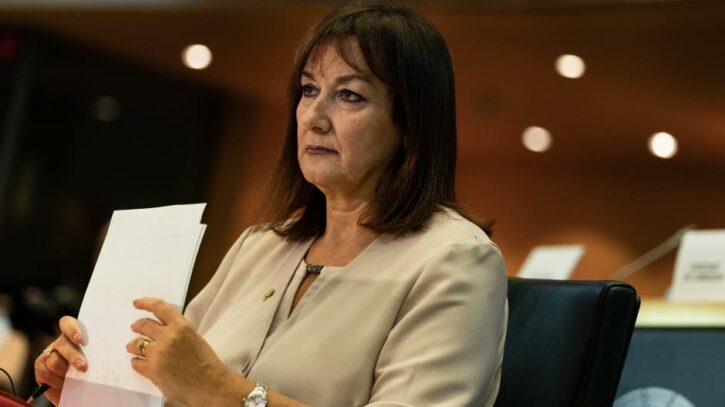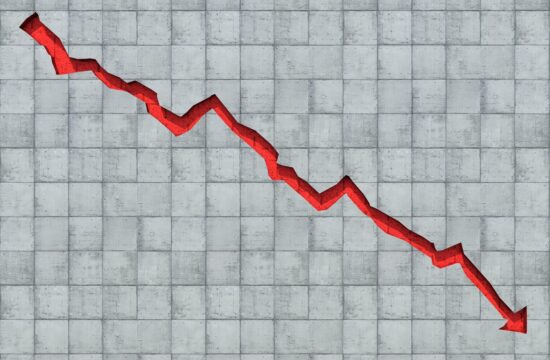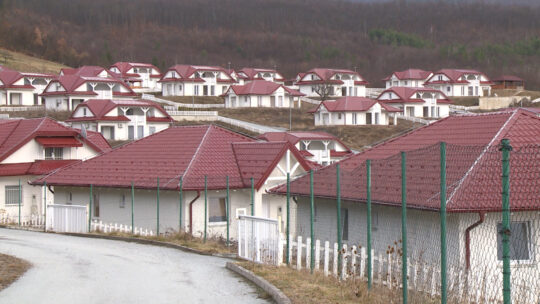
Sending the military to the outer EU border is not a concept but a form of protection, aimed at controlling migrations and avoiding chaos in EU member states, Vice-President of the European Union's Commission Dubravka Sujica told N1, adding that 14 EU member states have so far expressed readiness to take in the unaccompanied migrant children, with Croatia being one of them.
“The European Union was built on solidarity as one of its main characteristics. The number of member states that expressed readiness to take in the unaccompanied migrant children has grown from four to 14, with Croatia being one of them. This will be a measure of solidarity and a way to show why Europe exists as a project of peace,” Sujica said for N1.
She recalled that she visited a female migrant camp in Munich where women are treated wonderfully.
Unlike the Greek island of Lesbos where the influx of migrants is huge, some EU member states have managed put the migrations under control, Sujica said.
“It's impossible for Greece to take in so many refugees, and for others not to take a single one. However, in about a month we plan to present a new asylum policy and I hope we'll start managing the migrations a little better. Migrations will also be one of the main topics of the Conference on the future of Europe which I'm presiding over,” the EU Commission's Vice-President said for N1.
Europe and the rest of the world faces a great demographic change, she said, adding that she will present the first report on the impact of the demographics on the situation in EU member states during a conference on April 8, which will analyse the situation in the entire EU.
I expect Croatia to act in solidarity when it comes to these children because seeing these scenes… I don't know how anyone could remain silent and not help these unaccompanied children without their parents,” Sujica noted.
Suica said that deploying the military on the border is a step backwards for democracy, but she did not shy away from the need for military support in the event of an escalating problem.
Commenting on the fact that there are only four women among the 27 prime ministers or presidents making up the European Council and that less than 27 percent of the largest companies in the European Union have women in management, she said that as long as the European Commission holds up to the quotas of equality, it is up to the states to decide on this matter.
“Speaking of the Commission, I have to commend this Commission. We have the first female president in history, Ursula von der Leyen, and we have equal gender representation in the Commission with 13 women and 14 men,” Suica said.
When it comes to the Istanbul Convention, the European Union Commission Vice-President said she was sorry that it did not have a stronger effect because the Convention's primary objective is to protect against violence against women. If by 2021, seven member states that have not yet ratified the Convention do not do so, new legislation will be put in place, Suica said, making the violence against women a human rights violation.




